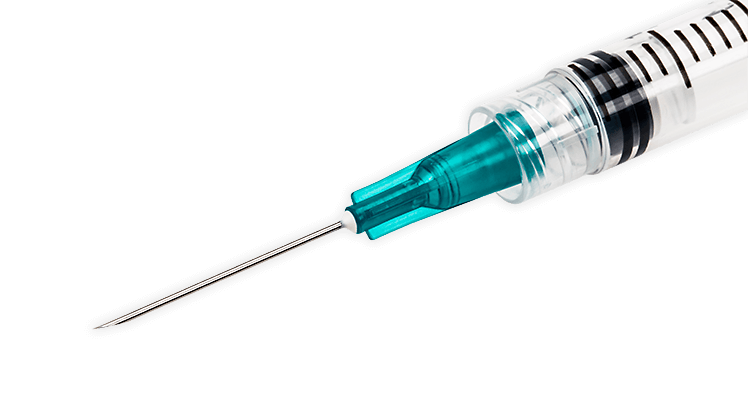Botox & Your Heart: Preventing Atrial Fibrillation after Cardiac Bypass

Botox is used medically for a variety of reasons most often associated with cosmetic reduction of wrinkles. Botox works by relaxing the muscles it’s injected into and helps damped the muscle movement and wrinkling of your skin.
According to research in the American Heart Association journal Circulation: “Arrhythmia and Electrophysiology”; Botox has the potential to be life-saving. This new research suggests that Botox helps reduce irregular heart rhythms such as atrial fibrillation after cardiac bypass surgery.
How do we reduce blockages to the heart?
Coronary Artery Bypass Grafting (CABG), also called “cabbage” is a relatively common procedure to manage blockage of blood to the heart muscle. The surgery aims to improve the supply of blood and oxygen to the heart, to relieve chest pain of angina, to reduce the risk of a heart attack, and to improve the ability for physical activity.
As per the American Heart Association (AHA), Coronary Artery Bypass Graft (CABG) treats blocked heart arteries by creating new passages for blood to flow to the heart muscle.
How Does “Cabbage” work?

During this operation, blood vessels are grafted from other parts of the body and used to reroute the blood around the clogged artery. Depending on how many arteries are blocked, a typical patient receives several bypass grafts during the operation.
As you can imagine, this is a serious operation, requiring several days of treatment after the procedure in the hospital. Most of these surgeries involve cardiopulmonary bypass (heart-lung machine) that is used to flow blood throughout your body while the surgeon works on the heart.
The combination of work in/around the heart, and the stress of the heart-lung machine to the body may result in a complication known as atrial fibrillation, known as Afib or AF.
AF is a quivering or irregular heartbeat (arrhythmia) and can lead to blood clots, stroke, heart failure, and other heart-related complications.
What does all this have to do with Botox?
Botox, or botulinum toxin, is produced by Clostridium botulinum bacteria. When a small amount of Botox is injected into a muscle, it blocks nerve signals that tell muscles to contract.
Turns out injecting Botox into the fat surrounding the heart after surgery appears to help prevent atrial fibrillation.
What does the new “initial” data say?
Researchers in two Russian hospitals randomly assigned 60 patients to receive Botox or saline injections. Botox was injected into the four major fat pads surrounding the heart. To avoid bias, the study was double-blinded, meaning neither patients nor doctors knew whether the injections contained Botox or saline.
In the 30 days following surgery, those who received Botox injections during heart bypass surgery had a 7% chance of developing AF, compared with 30% in patients who received saline.
A year later, none of the patients who received Botox had AF, compared with 27% of the patients who received saline.
No complications from the Botox injections were reported. But complications from the bypass surgery were similar in both groups, including time in intensive care and on a breathing machine, and infection rate.
Of course, this is just one study, and researchers agree larger studies are needed to replicate the results before Botox injections can be routinely used to prevent AF after bypass surgery. But it sure is interesting to share!
Conclusion
If Botox injections trial in heart bypass patients shows further positive results, it is possible that they could also help prevent atrial fibrillation inpatient that undergo valve repair or replacement, since about 50% of such patients also develop irregular rhythms.
Be sure to follow us on Twitter and Facebook and to send any questions to our mailbox at MedTeam@healfastproducts.com. If you are expecting surgery you should also consider signing up for our free 14-day Physician-curated course!
Until then, be healthy and stay informed!
References:
1) https://www.medicalnewstoday.com/articles/301219.php
2) https://intermountainhealthcare.org/services/heart-care/treatment-and-detection-methods/bypass-surgery-and-coronary-artery-bypass-grafting/
General Disclaimer: All information here is for educational purposes only and is not meant to cure, heal, diagnose nor treat. This information must not be used as a replacement for medical advice, nor can the writer take any responsibility for anyone using the information instead of consulting a healthcare professional. All serious disease needs a physician.







